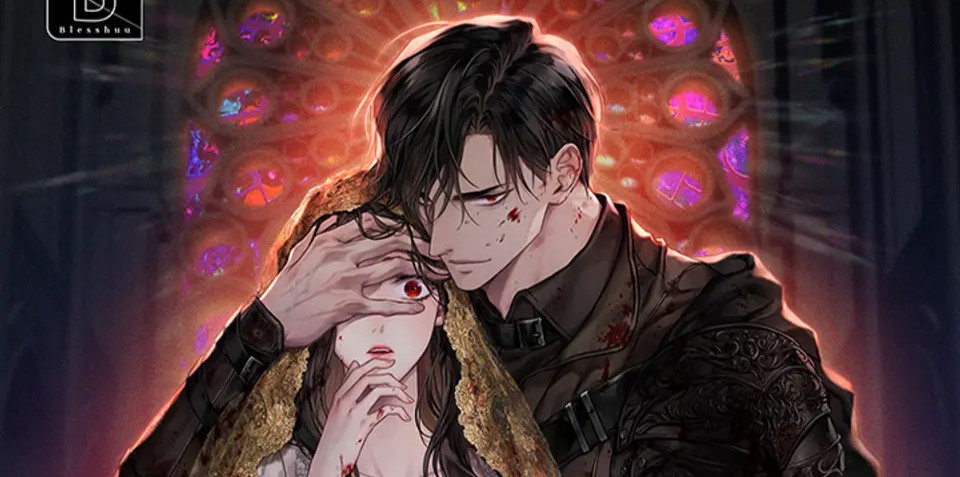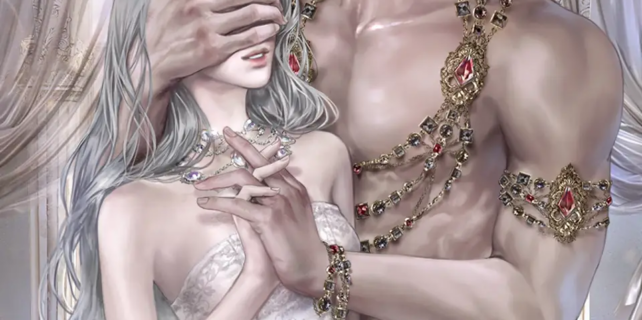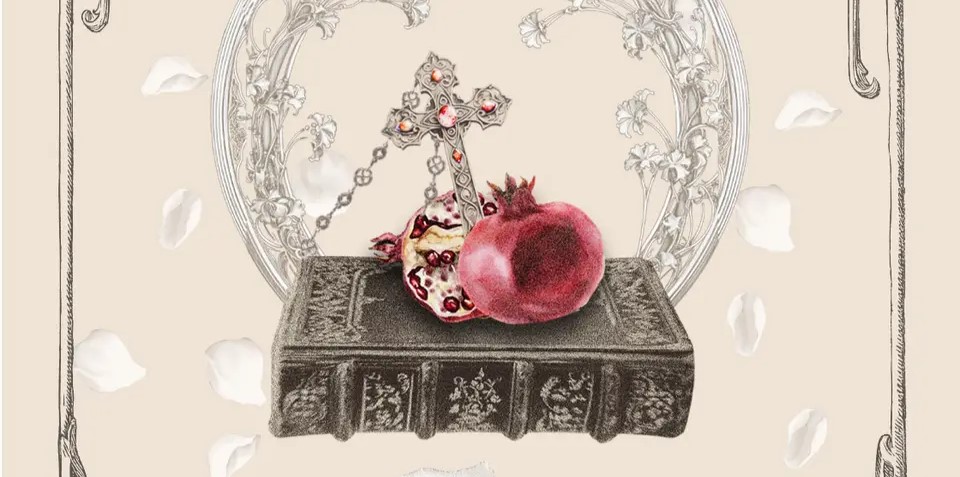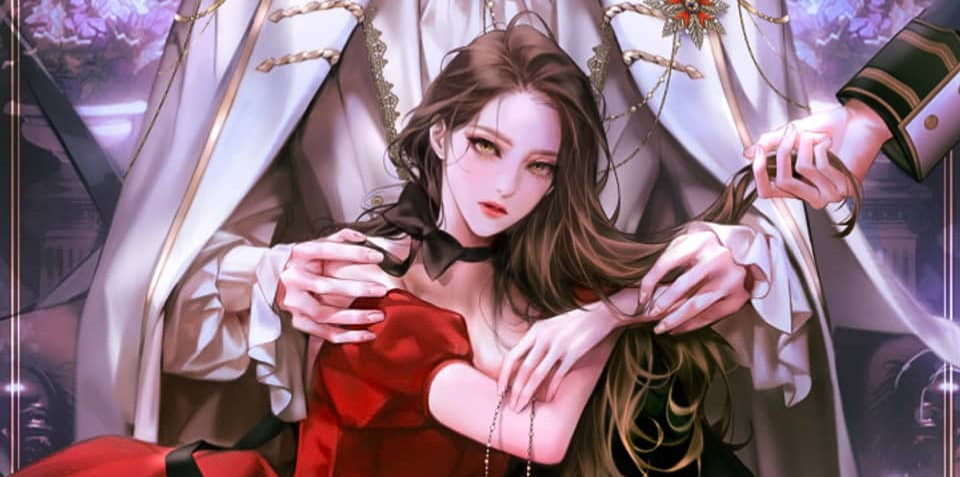Pherenike - Chapter 14
‧₊˚ ☁️⋅♡𓂃 ࣪ ִֶָ☾.
read more chapters on luna kofi
“Sybylle, I like precise calculations. Leaving leftovers is for merchants, not the king’s son. You, as a ‘toy’, are too much for me…”
“…”
“So instead of being a toy, become my wife, Pherenike.”
Pherenike’s eyes widened. He told her that they were merely returning to their original places. He also commented on her lack of skill in pleasing men and even her terrible qualities.
That was the entirety of Actor Nikandros’ proposal.

Five days had passed since the Antehe Council.
Deucalion, who had been imprisoned in the underground dungeon, was moved to the surface. The king did not revoke his decision, so only the location changed. The prince was confined to his own villa on the outskirts of Lykke.
Originally, Deucalion would have spent much longer in the underground dungeon than this. He would emerge half-dead from numerous tortures and prolonged starvation. Every day, he was questioned about his crimes. There was a legally set price for denying those crimes, and whipping was considered the most just punishment.
Evdokia’s law believed that pain necessarily proves guilt, or occasionally innocence. Of course, the outcome depended on the choice of the suffering individual. Proof was the burden of the innocent.
But Deucalion bore it all without uttering a single cry of pain. Time passed under the king’s insistence to obtain his confession. The justified whipping proved futile.
So later, they broke his fingers one by one each day, and eventually cut the tendons of his right hand and wrist.
Deucalion was a lancer. They made sure he could never wield a spear again, at least not without healing.
The mangled shape of Deucalion’s hand was maintained only due to the inherent power of Orthea within him. At that time, his body was so covered in scars and wounds that his natural skin was barely visible. The skin wrapping his thighs was ragged, and his back bore only the marks of whipping.
In accordance with the old oracle’s declaration that ‘the son of Pelagon can only be killed by the son of Pelagon’, Deucalion was, in fact, a convenient prisoner who couldn’t die. He only experienced pain akin to death.
Deucalion tried to prove his innocence with this cursed method because the pain was only temporary. The moment he accepted and found ease, his people would fall. He had much to protect from his birth.
Evdokia’s old adage, “One innocent before the goddess is innocent before the king’s sword,” held true within the kingdom’s laws. If a person accused of a crime withstands torture for a hundred days without dying, they are considered innocent. They are undefiled and clean.
Of course, no one had ever survived long enough without losing their mind to distinguish between a ‘clean person’ and a ‘complete sinner.’ Even if proven innocent, only the name on the tombstone would change.
Deucalion endured it all. And he had turned the many pains he had already endured to nothingness, for her sake.
Deucalion finally emerged to the surface with a brand signifying that he was a beast rather than a human on the back of his neck.
Pherenike saw his harrowing state for the first time under the sun. That day, she cursed the king like a madwoman, wailing like an animal. She poured out all of Althea within her, leaving nothing but an empty vessel, to rejuvenate him as if reborn. And yet, she held his body all day while trembling.
The king granted her just that one day with him.
It was the last time they met until their reunion.
Deucalion left her that night, marked forever with the indelible mark of a beast. Without any promise.
“Pherenike, it wasn’t because of you.”
“Your foolishness was all because of me.”
“I acknowledged my crimes because they are the truth. I will commit all those crimes my father spoke of.”
“…”
“I will kill him and return to you. I’ve just paid my dues in advance.”
The chill of that winter day caressed her fingertips again. Yet, it was still autumn. The carriage halted at Deucalion’s villa.
Pherenike, dressed in a gray chiton with no sleeves like a maid and cloaked in an old veil over it, descended from the carriage’s storage compartment.
She gently touched the control bracelet made of simple silver, typical of well-off maids. It wasn’t the best choice, given Althea’s unstable state, but it was necessary.
Even though Pherenike’s face was concealed, Deucalion’s servants, who might recognize her, tactfully passed by without acknowledging her presence. The king’s guards were with them.
In the sanctuary, to wear a control device to conceal Althea’s light, a special blessing from the goddess, was strictly forbidden unless one was being punished. It also disrupted the power of Althea. Some said a part of the power gnawed away by such devices would never return.
For those who possessed Althea, it was everything. Who would want to lose even a speck of their precious power?







